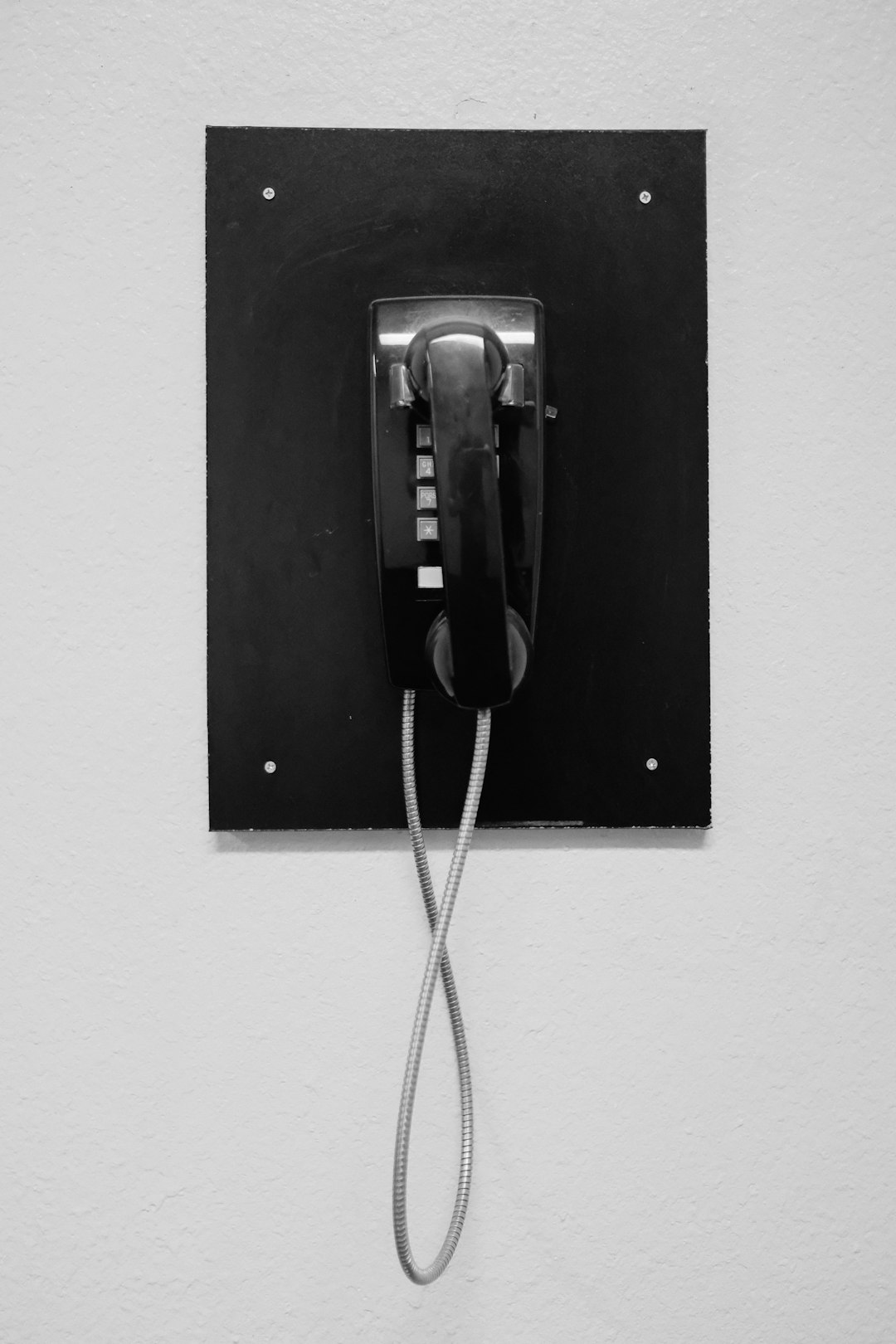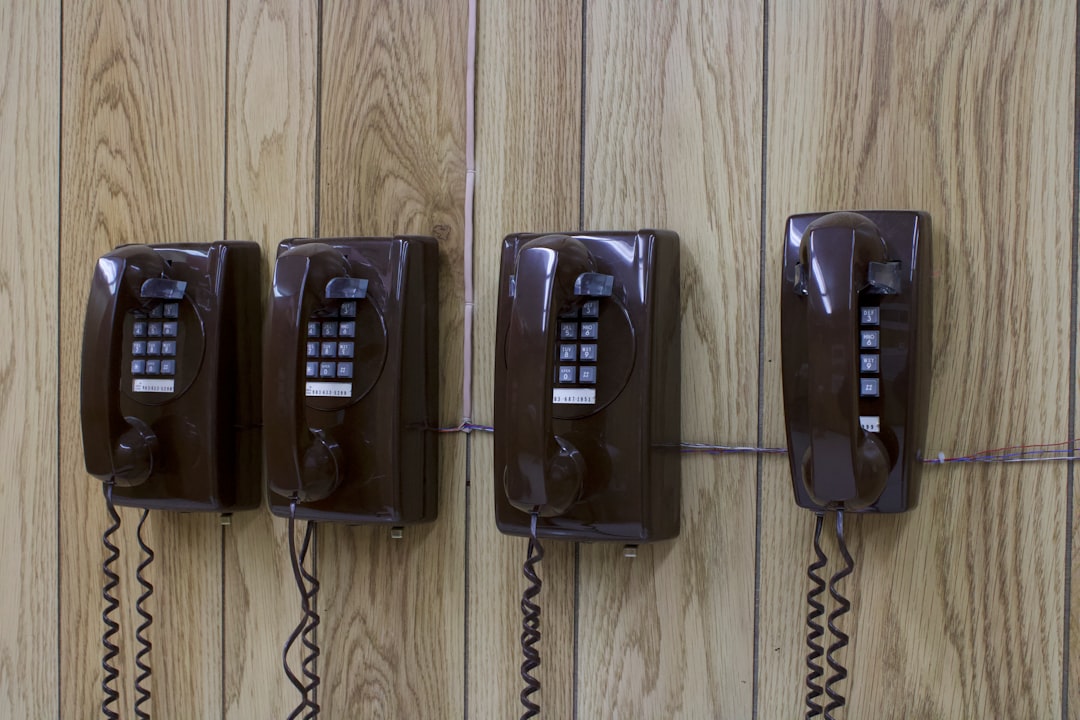Minnesota's No Call Law, protected by the Federal Trade Commission (FTC), prevents spam calls through a "Do Not Call" list and strict regulations. Spam call law firms assist residents in enrolling and enforce these laws with legal actions against violators. The FTC collaborates with local authorities to monitor, investigate, and educate businesses on ethical marketing practices, significantly reducing unwanted telemarketing calls and improving residents' quality of life.
In Minnesota, the Federal Trade Commission (FTC) plays a pivotal role in upholding the state’s strict No Call Law, designed to curb spam calls and protect residents’ privacy. This article delves into the intricate ways the FTC supports this legislation. From enforcing spam protection to collaborating with local authorities and providing legal remedies for violators, we explore the organization’s impact. Discover success stories of reduced spam and learn how Minnesota’s No Call Law remains a powerful tool, with the FTC as its key ally, in keeping unwanted calls at bay, ensuring peace of mind for residents across the state.
Understanding Minnesota's No Call Law

In Minnesota, the No Call Law is a state-level regulation designed to protect residents from unwanted telemarketing calls, commonly known as spam calls. This law allows consumers to register their phone numbers on a “Do Not Call” list, which significantly reduces the volume of unsolicited sales or promotional messages they receive. The primary purpose is to give Minnesotans control over their communication preferences, ensuring peace of mind and minimizing harassment from persistent callers.
The Spam Call law firm Minnesota residents can turn to for assistance in navigating this process is crucial. These legal experts specialize in helping individuals understand their rights under the No Call Law and guiding them through the registration procedure. By enrolling in the “Do Not Call” list, citizens can actively contribute to a quieter, more respectful communication environment while also deterring potential violators of these privacy-focused regulations.
Role of FTC in Enforcing Spam Protection

The Federal Trade Commission (FTC) plays a pivotal role in enforcing and upholding Spam Call laws, including those in Minnesota. As a federal agency tasked with protecting American consumers, the FTC has established comprehensive guidelines and regulations to combat unwanted telemarketing practices. They work closely with state attorneys general, including Minnesota’s, to ensure compliance and provide assistance to residents who have been affected by spam calls.
Through its authority, the FTC can investigate complaints, issue cease-and-desist orders, and take legal action against companies or individuals violating Spam Call laws. Their efforts help educate businesses on acceptable marketing practices and empower consumers with tools to block and report unsolicited calls. By holding offenders accountable, the FTC contributes significantly to maintaining a peaceful and less disruptive environment for Minnesota residents navigating the complexities of modern communication.
HowFTC Collaborates with Local Authorities

The Federal Trade Commission (FTC) plays a crucial role in supporting and enforcing No Call laws in Minnesota, collaborating closely with local authorities to combat spam calls. By working hand-in-hand with state and local agencies, the FTC ensures a coordinated effort to protect consumers from unwanted telemarketing practices. This collaboration involves sharing resources, expertise, and intelligence to identify and take action against violators of Minnesota’s Spam Call law firm regulations.
Through this partnership, the FTC enhances its ability to monitor and investigate consumer complaints, leading to more effective enforcement actions against call centers engaging in fraudulent or aggressive sales tactics. Their combined efforts aim to deter potential violators and educate businesses on adhering to the state’s strict guidelines, ultimately creating a safer and more transparent environment for Minnesota residents dealing with telemarketing calls.
Legal Remedies for Violators in Minnesota

In Minnesota, violators of the state’s strict spam call laws face significant legal repercussions. The Federal Trade Commission (FTC) plays a pivotal role in enforcing these regulations, offering a range of remedies to protect consumers from unwanted telemarketing calls. If a spam call law firm in Minnesota identifies a violation, they can take prompt action. This includes seeking monetary damages for each unauthorized call made, which can result in substantial fines. Additionally, the FTC can order violators to stop making such calls and implement stricter compliance measures to prevent future infringements.
Consumers who have experienced spam calls are encouraged to report them to the FTC, which can trigger an investigation. These reports provide crucial evidence to support legal cases against telemarketers who disregard Minnesota’s no-call laws. Such actions not only deter potential violators but also ensure that those who abuse consumer privacy face consequences under the law.
Impact and Success Stories: Spam Reduction

The Federal Trade Commission (FTC) plays a pivotal role in upholding and strengthening No Call Laws in Minnesota, significantly contributing to the state’s efforts in reducing spam calls. By enforcing strict regulations, the FTC has successfully minimized the number of unwanted telephone marketing calls citizens receive. These laws have had a profound impact on consumers’ quality of life, allowing them to enjoy peace and quiet in their homes without constant interruptions.
One notable success story is the decline in spam call volumes across Minnesota. According to recent studies, since the implementation of stricter No Call Laws, many residents report receiving significantly fewer telemarketing calls, especially from unknown or unauthorized sources. This reduction not only saves consumers time but also provides them with greater control over their personal information, as spam calls often serve as a vehicle for identity theft and fraud attempts. As a result, Minnesota has become a model state in combating spam calls, setting a benchmark for other jurisdictions looking to protect their citizens from these intrusive and often deceptive practices through the collaborative efforts of the FTC and local law enforcement.






